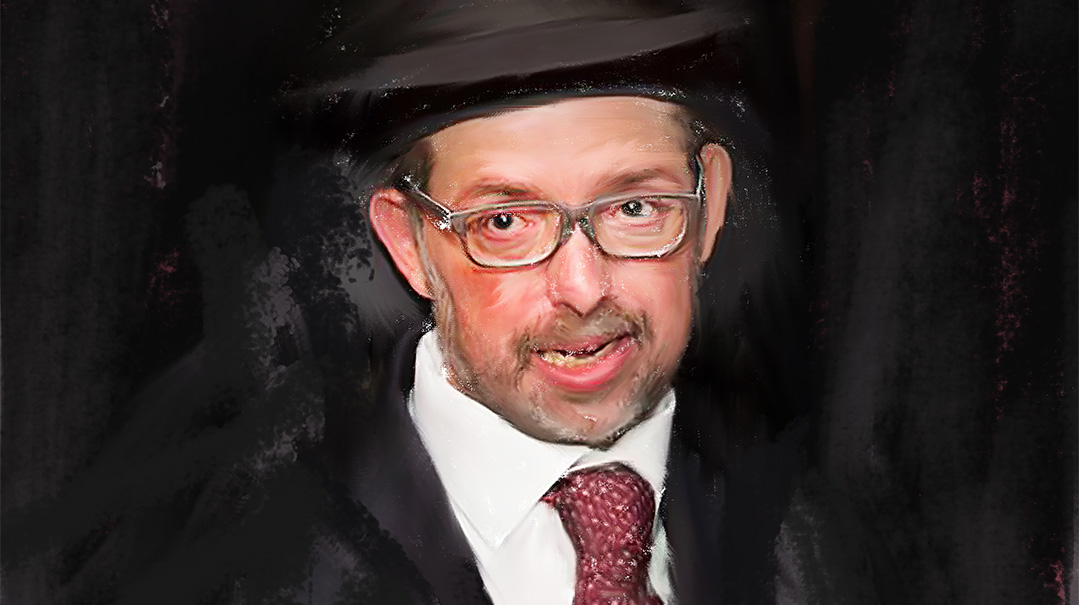Hour by Grateful Hour

ALS froze Mendy Rosenberg’s muscles — but it couldn’t chill his spirit

Photos: Family archives
Bayis means house. Standing alone, it usually connotes a family home, but there are various other “houses” as well: a beis knesses, for davening, a beis medrash, for learning, and a beis sefer, for teaching. For the past 14 years, there was a house on East 27th Street in Brooklyn that was all of those rolled into one. It’s where Mendy Rosenberg lived until his petirah just over a month ago.
Fifteen years ago, Mendy was diagnosed with ALS or amyotrophic lateral sclerosis, once commonly known as Lou Gehrig’s Disease, and over the decade and a half that he lived with the dreaded illness, it transformed him from a regular Flatbush balabos into a teacher’s teacher.
He and the doctors, they taught each other. They taught him that modern medicine’s prognosis for ALS is a life expectancy of three to five years. In return, he taught them that when there’s a will to live, all the prognoses in the world go out the window. If you love life dearly enough, anything becomes possible — even 12 more years, in which to celebrate two sons’ bar mitzvahs and three children’s weddings and to be sandek at several grandchildren’s brissen.
And he taught what gadlus is. Decades ago, there were people who’d come to 145 East Broadway, hoping to catch sight of Rav Moshe Feinstein in his yeshivah, thinking they’d be wowed by a larger-than-life, magnetic persona. But only those who knew what to expect understood what greatness really looks like.
Mendy, too, taught what greatness really is. And this regular guy and his ordinary family, living in just another house on just another block in Brooklyn, have given every other Jew alive a lesson in the greatness that lies within them, too.
Oops! We could not locate your form.







